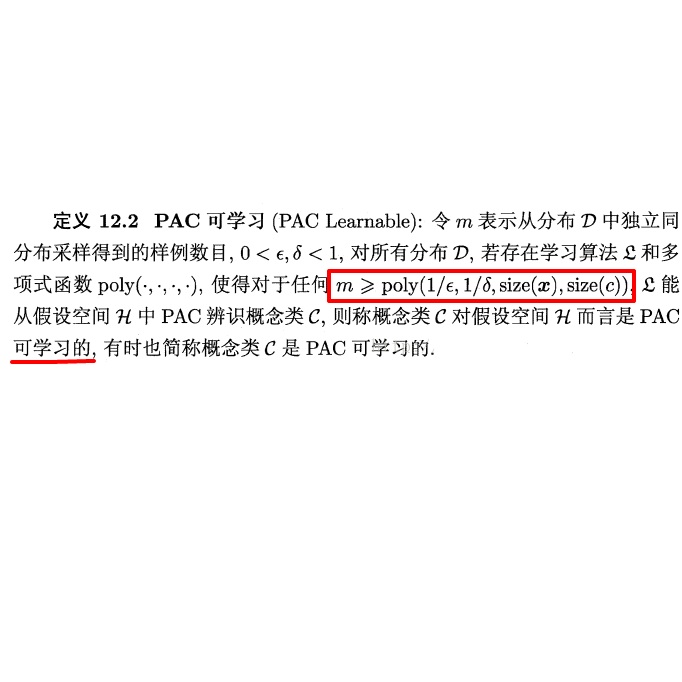Nash equilibrium (NE) is one of the most important solution concepts in game theory and has broad applications in machine learning research. While tremendous empirical success has been reported on learning approximate NE, whether NE is Probably Approximately Correct (PAC) learnable has not been addressed yet. In this paper, we make the first effort to study the PAC learnability of NE in normal-form games. We prove that NE is agnostic PAC learnable if the hypothesis class for Nash predictors has bounded covering numbers. Theoretically, we derive such a result by constructing a self-supervised PAC learning framework based on a commonly-used objective for Nash approximation. Empirically, we provide numerical evidence showing that a Nash predictor trained under our PAC learning framework, even with the most straightforward neural architecture, can efficiently learn the NE for games sampled from the same unknown distribution. Our results justify the feasibility of approximating NE through purely data-driven approaches, which benefits both game theorists and machine learning practitioners.
翻译:Nash均衡(NE)是游戏理论中最重要的解决方案概念之一,在机器学习研究中具有广泛的应用性。虽然在学习近似NE(NE)方面报告了巨大的实证成功,但NE是否可能是近似正确(PAC)的可学习性尚未得到解决。在本文中,我们首先努力研究NE在正常型游戏中的PAC可学习性。我们证明NE是不可知的PAC,如果Nash预测器的假说类覆盖了数字。理论上,我们通过建立一个以常用的Nash近似目标为基础的自我监督PAC学习框架来得出这样的结果。我们提供了数字证据,表明在我们的PAC学习框架下培训的Nash预测器,即使有最直接的神经结构,也能从同样未知的分布中有效地学习NE。我们的结果证明,通过纯数据驱动的方法来适应NEE的可行性,这对游戏的理论家和机器学习者都有好处。



